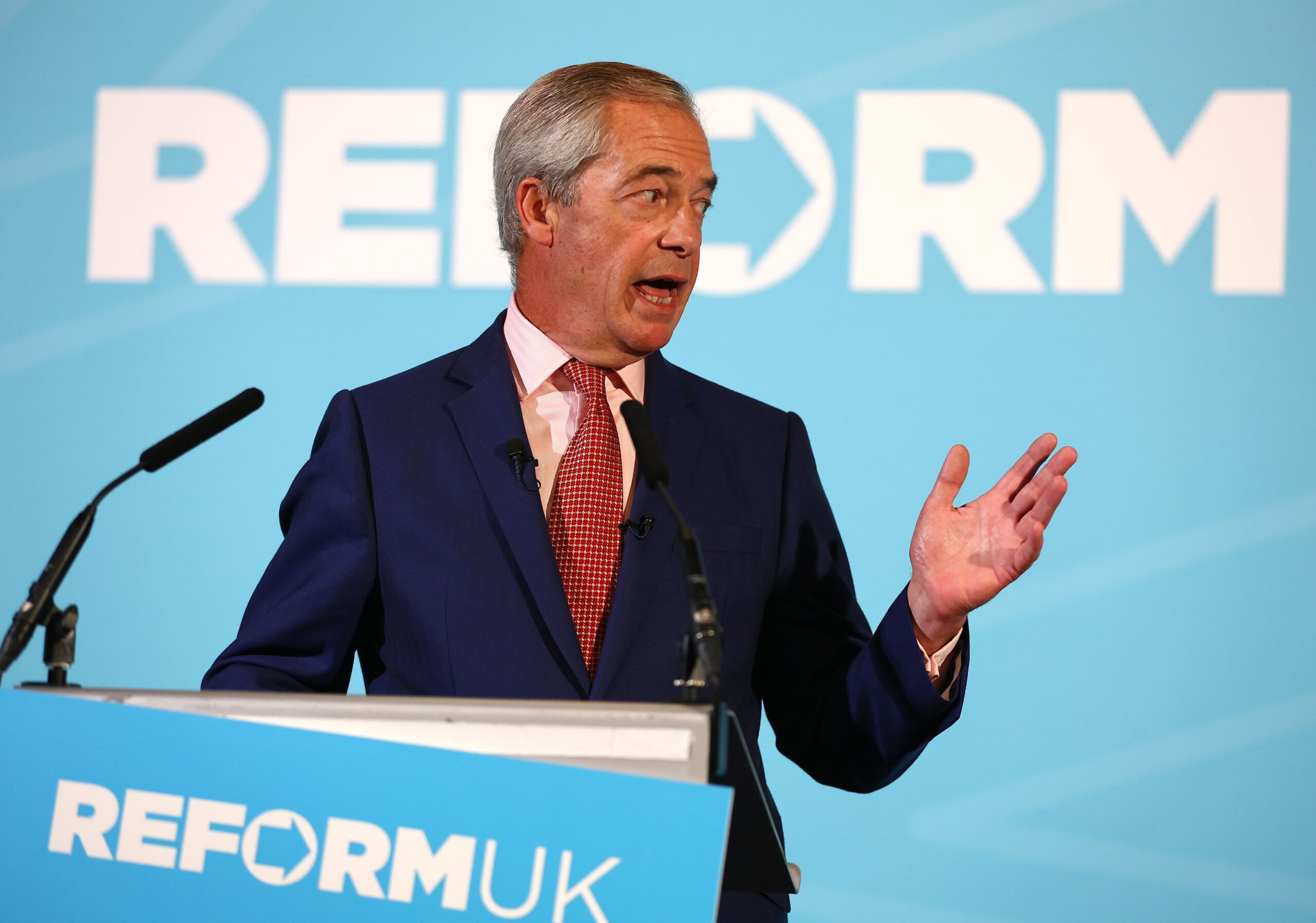A couple who have made Britain their home have said if Reform UK’s new migrant plans came into place they would have no choice but to leave the country.
Kushal Sureka, 35, and his wife Preety Jalan, 34, moved from India to the UK in January 2020 on skilled work visas to continue their careers as chartered accountants.
They both received indefinite leave to remain (ILR) in January after five years of living, working and building a life in Farnborough, Hampshire, where their son was born earlier this year.
However, the couple say Reform UK’s latest pledges have left them feeling “unwelcome and uncertain” about their future in the country they “call home”.
“We are not claimants. We are givers – investors in this country’s prosperity, its institutions, and its future,” Mr Sureka said.

“And yet, instead of being recognised as law-abiding, high-value contributors who respect British society, we now find ourselves facing fear and uncertainty because of the rhetoric Reform are spreading.
“Reform’s divisive language does not address the UK’s real challenges – it merely sows resentment, creating a climate where families like mine feel unsafe when sending our children to school or simply walking through town.
“What exactly have we done to deserve this? We are working, contributing, raising the next generation of British citizens, and paying in far more than we will ever take out.”
On Monday, Reform UK unveiled a pledge which would see tens of thousands of people who have legally settled in Britain be at risk of deportation.

Nigel Farage said the current option of ILR – open to those who have lived and worked in Britain for five years – has “betrayed democracy” and vowed to abolish it.
Kushal and Preety are concerned that if the plan came into place, they would be facing a never-ending cycle of insecurity, relying on employers to sponsor costly work visas indefinitely.
Together, they say they pay over £100,000 in taxes each year, have spent tens of thousands of pounds on visa costs with no help from public funds, volunteer alongside their jobs and channel their earnings back into the UK economy though investments.
If they were deported, they are unsure what would happen to their investments in the UK such as their home and pensions. Their four-month-old son is also a British citizen, so would need to apply for a visa elsewhere if they were to move.

“If this plan was absolutely coming into place, we will move,” Mr Sureka said. “We feel like we don’t belong, but as a family need stability. Other countries can give us that stability but here it would be uncertain.
“Leave aside our emotional attachments in friends, neighbours and colleagues, we have made financial investments too so what would happen to them?”
Mr Farage’s plans were condemned by migration charities and think tanks, as well as the care industry, which warned of crippling labour shortages.

Josephine Whitaker-Yilmaz, head of advocacy at charity Praxis, warned the proposals would “tank our already-struggling economy, by disrupting the lives of millions of people who’ve been living and working legally in the UK for many years”.
Kushal said: “Instead of welcoming people who strengthen the economy and social fabric, Reform choose to weaponise immigration as a tool of division. This is not leadership. This is not patriotism.
“It is the politics of fear—and it undermines the very values of fairness, decency, and community that Britain should stand for.
“Families like mine should not have to live under a shadow of suspicion or hostility. We deserve safety, dignity, and respect. Britain deserves solutions to its real problems, not scapegoating of the very people who are helping it thrive.”
